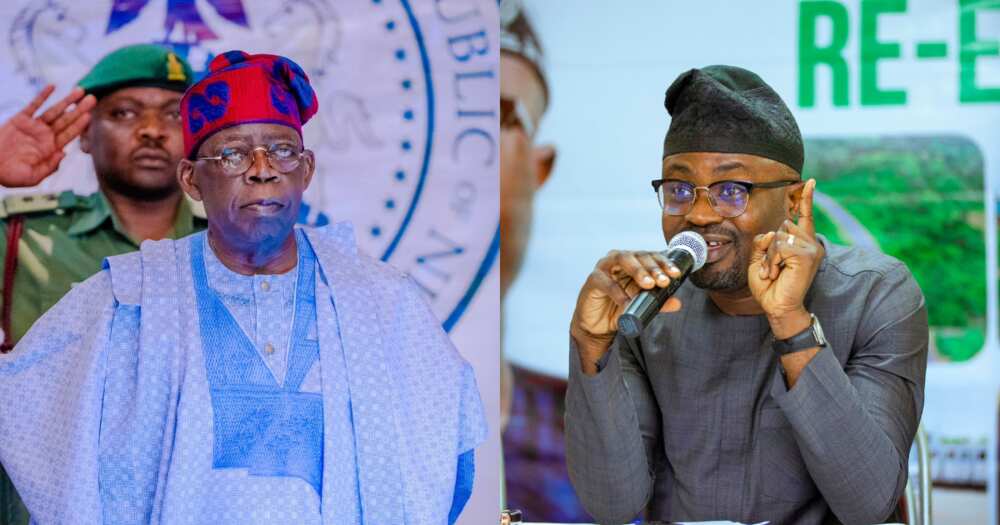In the wake of recent global economic shifts and social unrest, Nigeria stands at a critical juncture. The specter of ‘Kenya-like’ protests looms large, highlighting the urgent need for proactive measures to safeguard stability and prosperity. As Bola Tinubu assumes a pivotal role in steering Nigeria’s future, exploring effective strategies becomes paramount to prevent escalating social tensions. This article delves into actionable steps and policies that can mitigate risks and foster a resilient, inclusive economy.
Economic Policy Initiatives: Central to averting protests is a robust economic policy framework. Tinubu can champion initiatives that prioritize job creation, stimulate small business growth, and enhance infrastructure development. By investing in sectors that empower local communities and drive economic progress, such policies can address underlying grievances and promote sustainable development.
Dialogue and Engagement: Effective governance hinges on dialogue and inclusivity. Tinubu’s administration can engage diverse stakeholders—opposition leaders, civil society, and youth groups—in constructive conversations. By listening to concerns and forging consensus on pressing issues, trust can be rebuilt, preempting the potential for protests driven by discontent and marginalization.
Rule of Law and Accountability: Upholding the rule of law is non-negotiable. Tinubu can reaffirm the integrity of Nigeria’s institutions, ensuring law enforcement operates within bounds of legality and respects human rights. Transparency in governance, coupled with robust accountability mechanisms, reinforces public trust and deters corruption, key factors fueling unrest.
Educational and Youth Empowerment: Investing in education and youth empowerment is pivotal. Tinubu can support initiatives that equip young Nigerians with skills for employment and entrepreneurship. By offering viable alternatives to dissent, education becomes a cornerstone of societal stability and economic vitality.
Electoral Integrity and Political Reforms: Building confidence in democratic processes is imperative. Tinubu can advocate for electoral reforms that enhance transparency, fairness, and inclusivity. Strengthening institutions tasked with overseeing elections fosters a level playing field, mitigating political tensions and reducing triggers for mass protests.






